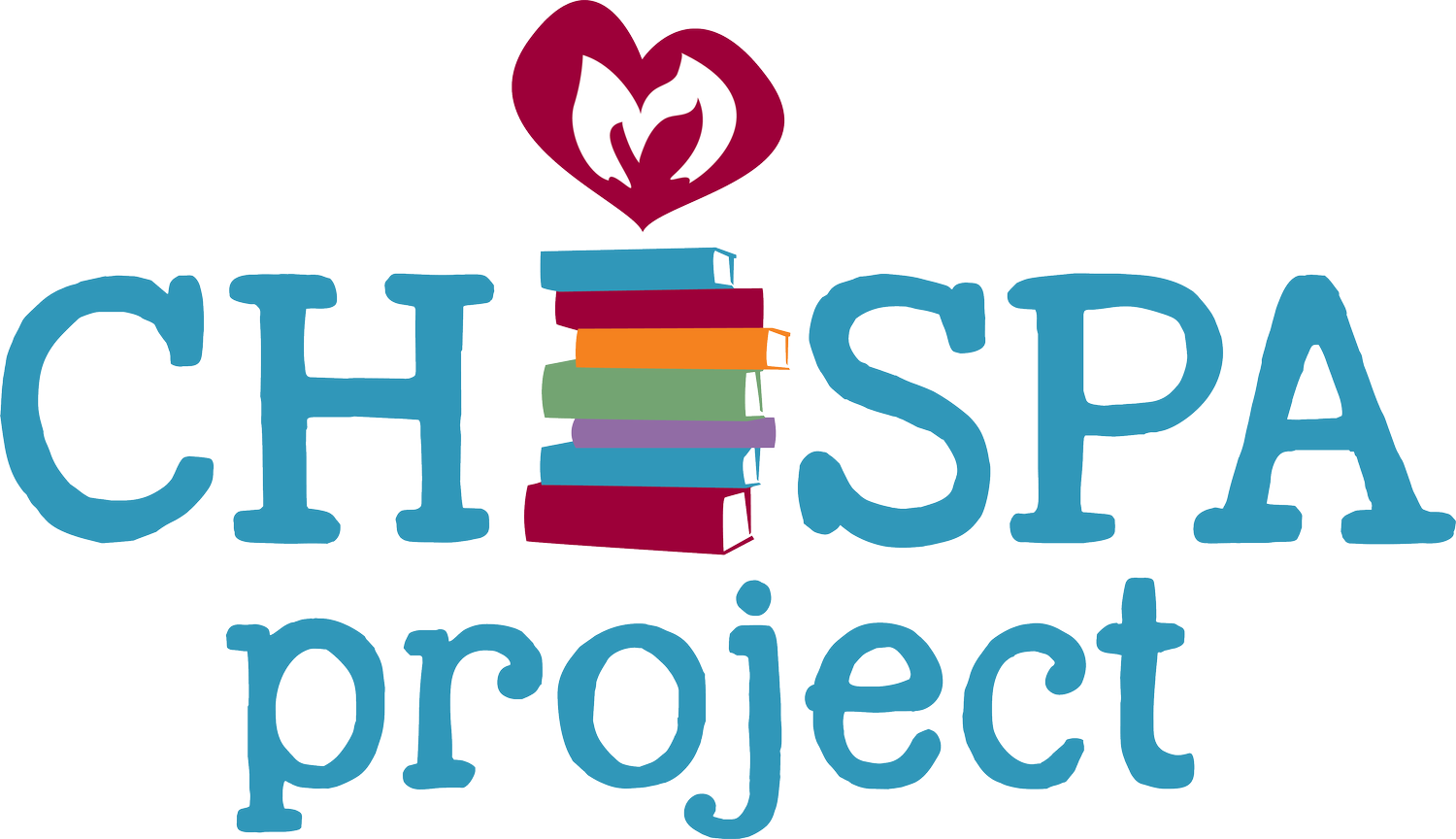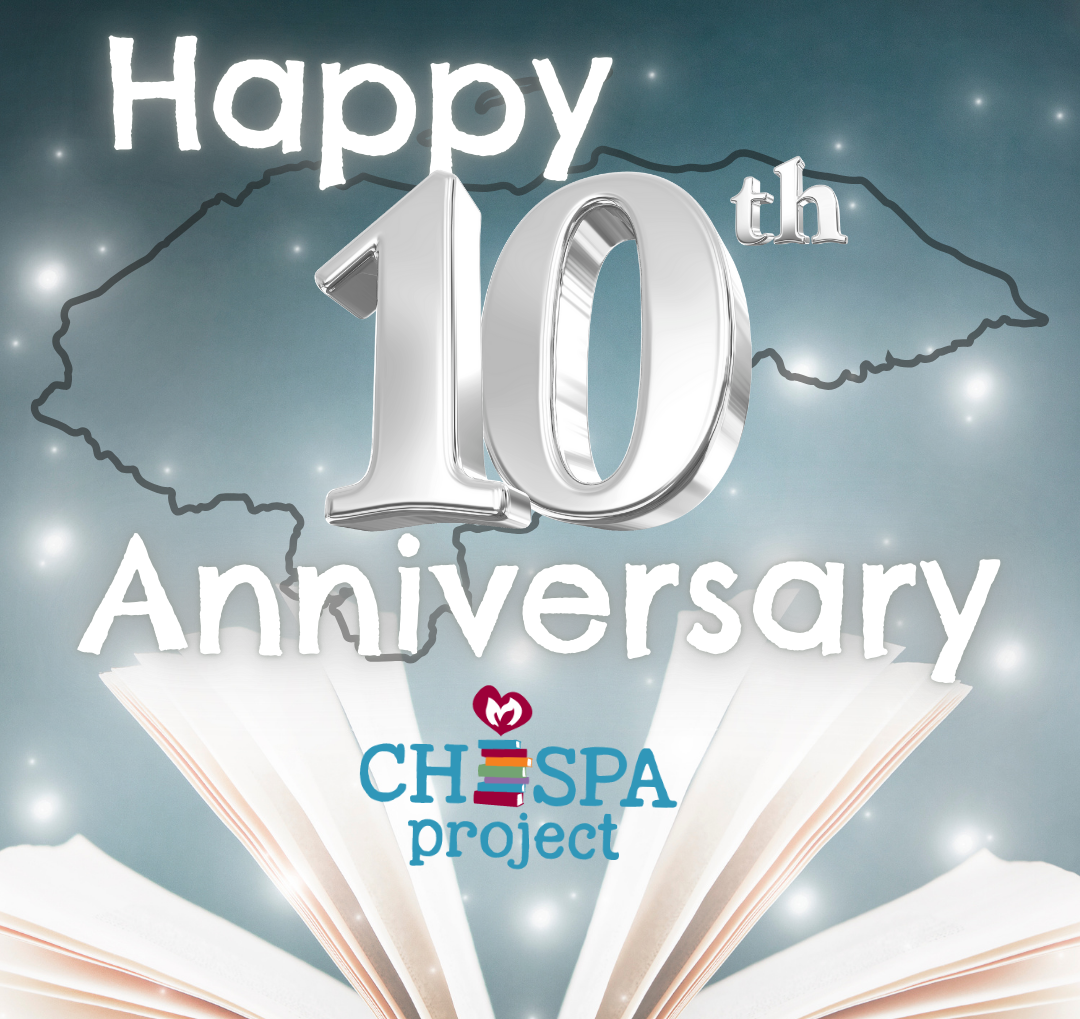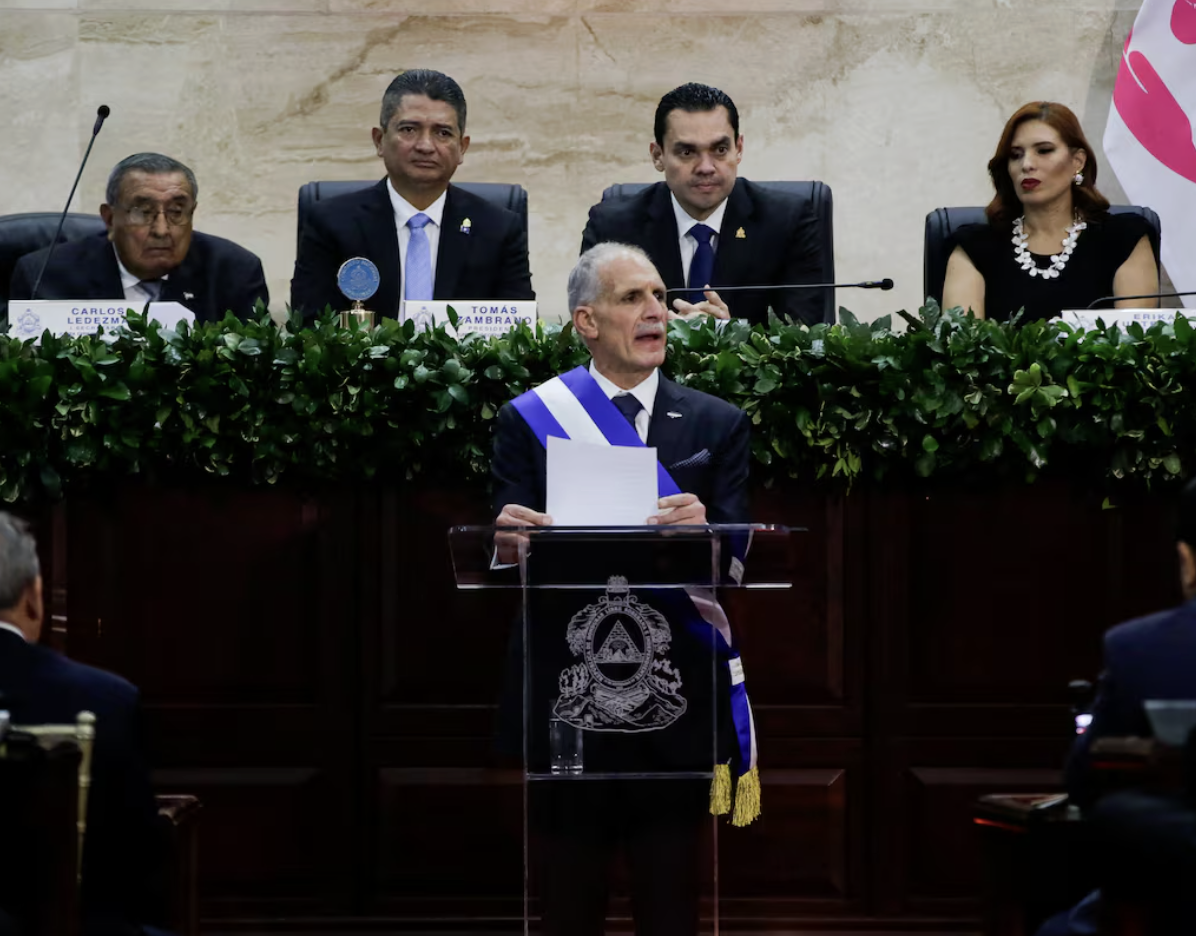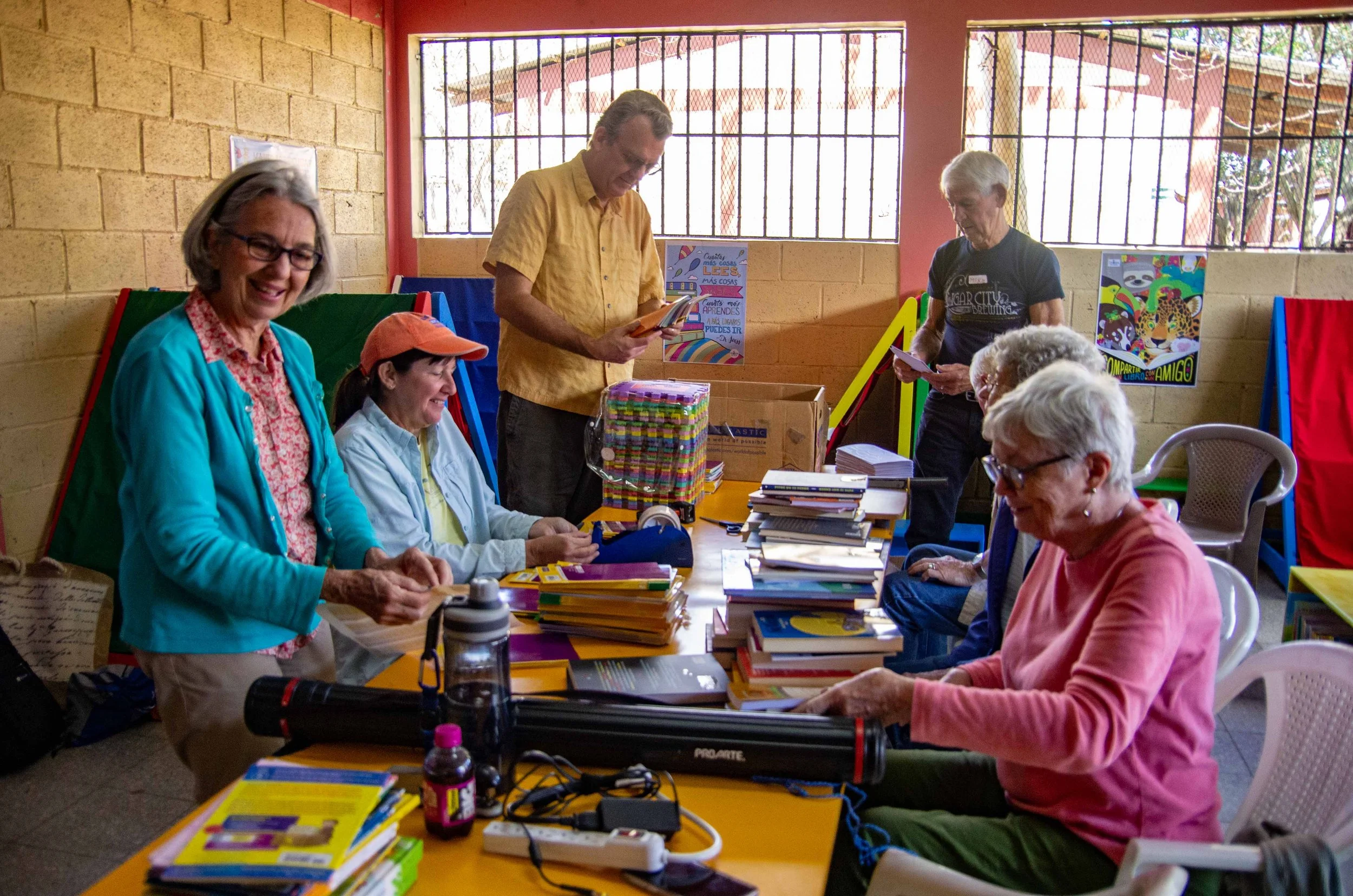Blog
A Decade of Lighting the Spark
In celebration of 10 years as a nonprofit, focused on creating equitable access to books and joyful learning for kids around Honduras, we’re sharing 10 “throwbacks” to show you where it all started and how much we’ve grown. And, looking forward, may the next ten years be our biggest, most impactful years yet!
When U.S. Politics Reach Honduras
U.S. political influence has once again plunged Honduras into uncertainty following a contested 2025 election, reviving a long history of interference that deeply affects Honduran democracy, daily life, and economic stability. Amid unrest and fear, Chispa Project’s team continues showing up for children and schools, holding onto hope that books, stories, and steadfast presence can still help change the story.
It's Not all Rainbows, Butterflies, and Books: The Challenges Behind Building a Culture of Reading
We celebrate the incredible ways that literacy takes root in our communities; however, the route to reading is paved with challenges. Read about some of the circumstances we adapt to as we spark reading across Honduras.
Where do our books come from?
We’re often asked where our books come from, and why we choose to purchase new books instead of depending on donations. We do our best to source relevant and engaging books while prioritizing logistical and financial efficiency. Learn more here!
The True Cost of a Library
Chispa Project is investing more than ever in high-quality, sustainable programming. From handcrafted bookshelves that support local talent to enhanced training and 2 full years of follow-up coaching visits, each library represents a deep, long-term commitment to students and communities. Learn more about how we invest in our libraries!
Celebrating our 100th Library
Follow along on our journey of installing and supporting our 100th library in Honduras. We’ll give you the inside scoop from Latinoamericana Elementary School as we celebrate all the incredible dedication and support we’ve received from the Chispa community, which made 100 libraries possible.
Chaplain Offers – Dating Advice?
Read this compelling reflection about how love is the purest thing that holds us together, and how Chispa Project fits perfectly into this theme. Published by The Union and The Reporter in California.
Libraries and Laughter: My Time in Honduras
High school student Addie Witmer joined a Chispa Project volunteer trip to Honduras. During her time at José Ángel Ulloa Elementary School, she helped build a library, connected deeply with the children, and formed a supportive community with fellow volunteers. The experience left a lasting impact, and she’s determined to return for another trip!
Smiles, Books, and Possibilities
Board member, Karen Schuder, joined a Chispa volunteer trip to Copan Ruinas, Honduras’ largest developed Mayan archaeological site. Trip participants helped install and sponsor a full library, helped to install a second library, and experienced Copan with all 5 senses! Read more here.
Sustaining a Culture of Reading
We’re redefining what sustainability means when it comes to the libraries we inaugurate! Find out what this means for this year’s schools, last year’s schools, and all the libraries we’ve installed over the years.










